Are There Foods I Should Avoid During Pregnancy?
Introduction
Pregnancy is a time of immense transformation — emotionally, physically, and nutritionally. While the focus often lies on what to eat, an equally important question is: “Are there foods I should avoid during pregnancy?” The answer is a resounding yes.
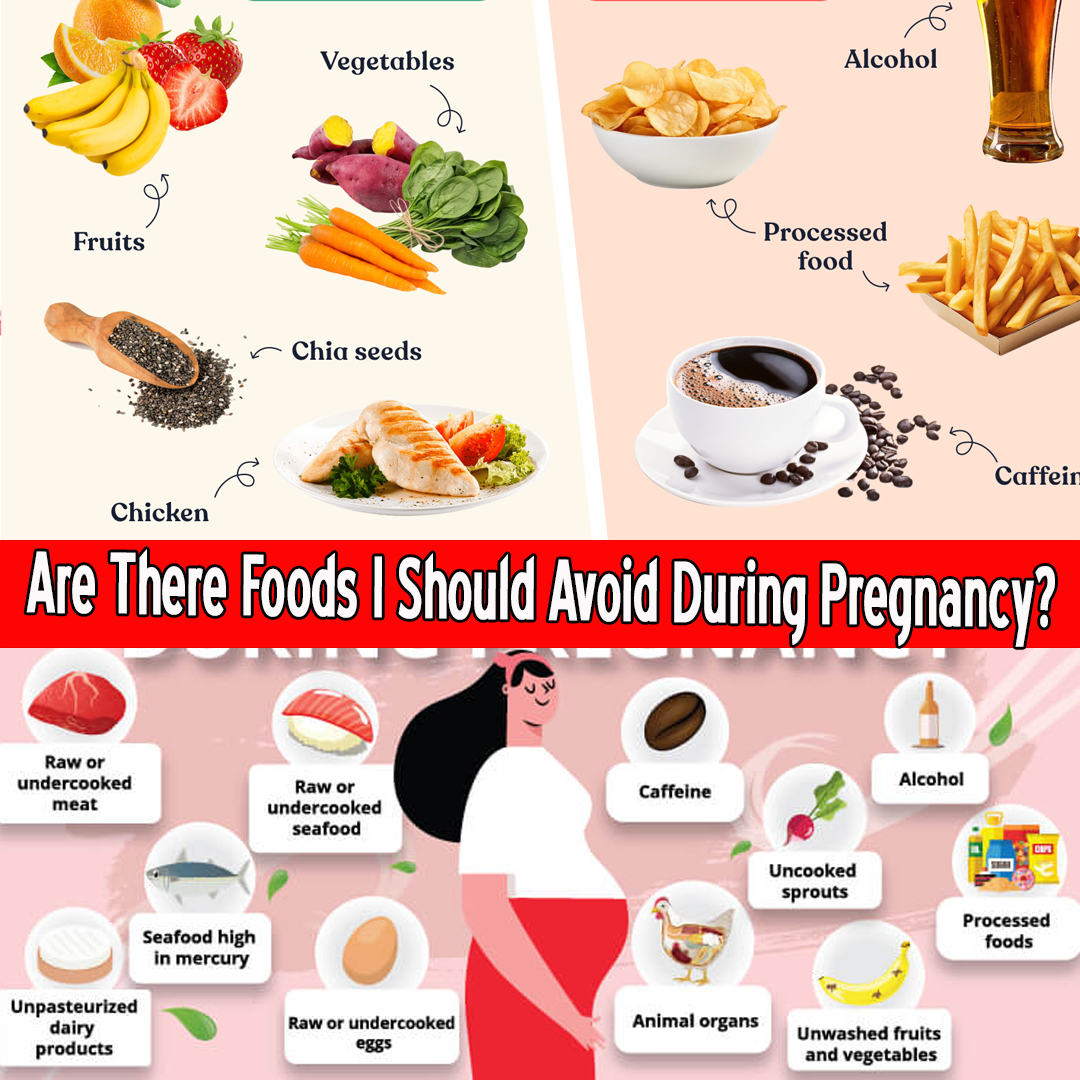
Are There Foods I Should Avoid During Pregnancy?
Certain foods and beverages can harm fetal development, increase the risk of miscarriage, or cause foodborne illnesses that are dangerous during pregnancy. A growing baby is more vulnerable to infections and toxic substances because their immune system is still forming.
This comprehensive guide will explore:
- Which foods to avoid and why
- Foods with limited or moderated consumption
- Hidden risks in everyday diets
- Safer alternatives to cravings
- Key tips for maintaining a healthy, safe pregnancy diet
1. Why Avoid Certain Foods During Pregnancy?
A pregnant body undergoes enormous hormonal and metabolic shifts. The placenta acts as a filter, passing nutrients from mother to baby. Unfortunately, harmful bacteria, parasites, or toxins can cross this filter too, making dietary vigilance essential.
Risks include:
- Listeriosis (Listeria): Found in deli meats and unpasteurized dairy
- Toxoplasmosis: Found in undercooked meat and contaminated produce
- Salmonella: Raw eggs and poultry
- E. coli: Raw or undercooked beef
- Mercury toxicity: In high-mercury fish
- Birth defects, developmental delays, or miscarriage: From alcohol, caffeine excess, or certain chemicals
2. Foods to Completely Avoid During Pregnancy
Here’s a list of high-risk foods that should be entirely eliminated during pregnancy.
A. Raw or Undercooked Meat
- Can harbor toxoplasma, E. coli, or listeria
- Includes rare steaks, sushi with raw fish, and carpaccio
- Cook all meats to at least 160°F (71°C)
B. Raw Eggs
- Risk of Salmonella infection
- Avoid foods like:
- Homemade mayonnaise
- Caesar dressing (unless pasteurized)
- Raw cookie dough or cake batter
- Soft-boiled or poached eggs
- Always use pasteurized eggs
C. Unpasteurized Dairy Products
- High risk of Listeria contamination
- Includes:
- Raw milk
- Certain soft cheeses like Brie, Camembert, Roquefort, Feta, and blue cheese (unless labeled pasteurized)
D. Deli Meats and Cold Cuts
- Can carry Listeria
- If consumed, must be reheated until steaming
- Also avoid cold pâté, hot dogs, and store-made meat salads
E. High-Mercury Fish
- Mercury can affect fetal brain development
- Completely avoid:
- Shark
- Swordfish
- King mackerel
- Tilefish (from Gulf of Mexico)
- Marlin
- Bigeye tuna
F. Raw Shellfish and Sushi
- Risk of vibrio, norovirus, and parasites
- Includes oysters, clams, and scallops
- Choose only cooked seafood
G. Alcohol
- No amount is proven safe
- Risks:
- Fetal alcohol spectrum disorders (FASD)
- Developmental delays
- Behavioral problems
- Avoid even in small quantities (wine, beer, spirits)
H. Caffeine (in excess)
- Limit to 200 mg per day (1 small cup of coffee)
- High intake linked to:
- Low birth weight
- Miscarriage
- Premature birth
- Watch hidden sources: tea, cola, chocolate, energy drinks
I. Unwashed Fruits and Vegetables
- Can carry toxoplasma and pesticides
- Always wash thoroughly, peel when possible
J. Liver and Liver Products
- Extremely high in vitamin A
- Can cause birth defects if consumed excessively
3. Foods to Limit or Moderate During Pregnancy
Not all questionable foods need to be avoided altogether — some just require moderation or caution.
A. Tuna
- Limit light canned tuna to 2–3 servings per week
- Avoid albacore tuna (higher in mercury)
- Always choose fresh, cooked tuna over sushi
B. Herbal Teas and Supplements
- Not all herbs are pregnancy-safe
- Avoid:
- Licorice root
- Pennyroyal
- Ginseng
- Stick to safe herbs like ginger, lemon balm, or peppermint (in small amounts)
C. Spicy Foods
- Safe but can cause heartburn or nausea
- Try milder versions to reduce discomfort
D. Artificial Sweeteners
- Use only pregnancy-approved types like:
- Stevia
- Aspartame (in moderation)
- Avoid saccharin (crosses placenta and may stay in fetal tissues)
E. Processed Foods
- Loaded with salt, sugar, preservatives
- Increases risk of:
- Gestational diabetes
- Excessive weight gain
- High blood pressure
4. Hidden Dangers in Everyday Foods
Even commonly consumed items may pose risks if you’re not aware:
A. Salad Bars and Pre-Cut Fruits
- May harbor listeria or E. coli
- Opt for homemade salads using freshly washed produce
B. Leftovers
- Reheat to steaming hot before consuming
- Never eat cold, old leftovers
C. Smoked Fish
- Unless cooked in a dish (e.g., smoked salmon quiche), avoid refrigerated smoked fish like lox or jerky
D. Soft-Serve Ice Cream
- Machines may be improperly cleaned and harbor bacteria
- Prefer hard-packed, pasteurized ice creams
5. Cultural Foods and Regional Cautions
A. Pickles and Fermented Foods
- Generally safe in moderation
- Watch salt and hygiene
B. Betel Nut, Areca Nut, or Pan
- Common in some regions
- Contains chemicals linked to developmental harm and preterm labor
C. Ayurvedic Remedies or Local Supplements
- Not all are tested for safety
- Avoid self-medication and consult a prenatal doctor
6. Pregnancy-Safe Food Swaps
| Avoid This | Swap With This |
|---|---|
| Sushi with raw fish | Cooked sushi rolls (e.g., tempura) |
| Deli meat sandwiches | Grilled chicken or tuna salad |
| Soft unpasteurized cheese | Pasteurized mozzarella or cottage cheese |
| Raw egg sauces | Bottled or pasteurized mayo |
| High-mercury fish | Salmon, cod, shrimp, tilapia |
| Excess caffeine | Herbal tea (ginger, peppermint) |
| Alcohol | Sparkling juice, lemon water |
7. Foodborne Illnesses During Pregnancy: What to Watch For
If you accidentally eat a restricted food, don’t panic — most exposures do not result in complications. But be alert for:
| Read more – When Do Pregnancy Symptoms Start? |
Symptoms of Foodborne Illness:
- Fever over 100.4°F (38°C)
- Chills
- Vomiting or diarrhea lasting more than 24 hours
- Headache, stiff neck, or confusion (signs of listeriosis)
Seek immediate medical care if any of these symptoms appear.
8. Essential Food Safety Tips
- Wash hands, utensils, and produce thoroughly
- Refrigerate perishables promptly
- Cook meats and eggs thoroughly
- Check expiration dates on dairy
- Avoid buffet-style or uncovered foods
- Keep kitchen hygiene high — especially if pets or raw meat are involved
9. FAQs on Pregnancy Food Safety
Q1: Can I eat street food?
- Only from trusted, hygienic vendors
- Avoid raw salads, chutneys, and dairy-based drinks
Q2: Is chocolate safe?
- Yes, in moderation
- Avoid dark chocolate in large amounts due to caffeine content
Q3: Can I have desserts like tiramisu?
- Only if made with pasteurized eggs and dairy
- Avoid versions with alcohol or raw egg yolk
10. Conclusion
Pregnancy is not the time for restrictive diets — but it is the time to be informed and cautious. Certain foods, although harmless to others, can cause serious complications for pregnant women and developing babies. From raw meats to unpasteurized cheeses, the list of foods to avoid may seem long, but there are always safe, healthy alternatives.
Avoiding harmful foods is part of nurturing the healthiest environment for your baby’s growth. Be mindful, read labels, cook thoroughly, and consult your doctor or dietitian for personalized advice.
By making safe food choices, you empower your body to support a smooth, healthy pregnancy and set the foundation for your baby’s bright beginning.

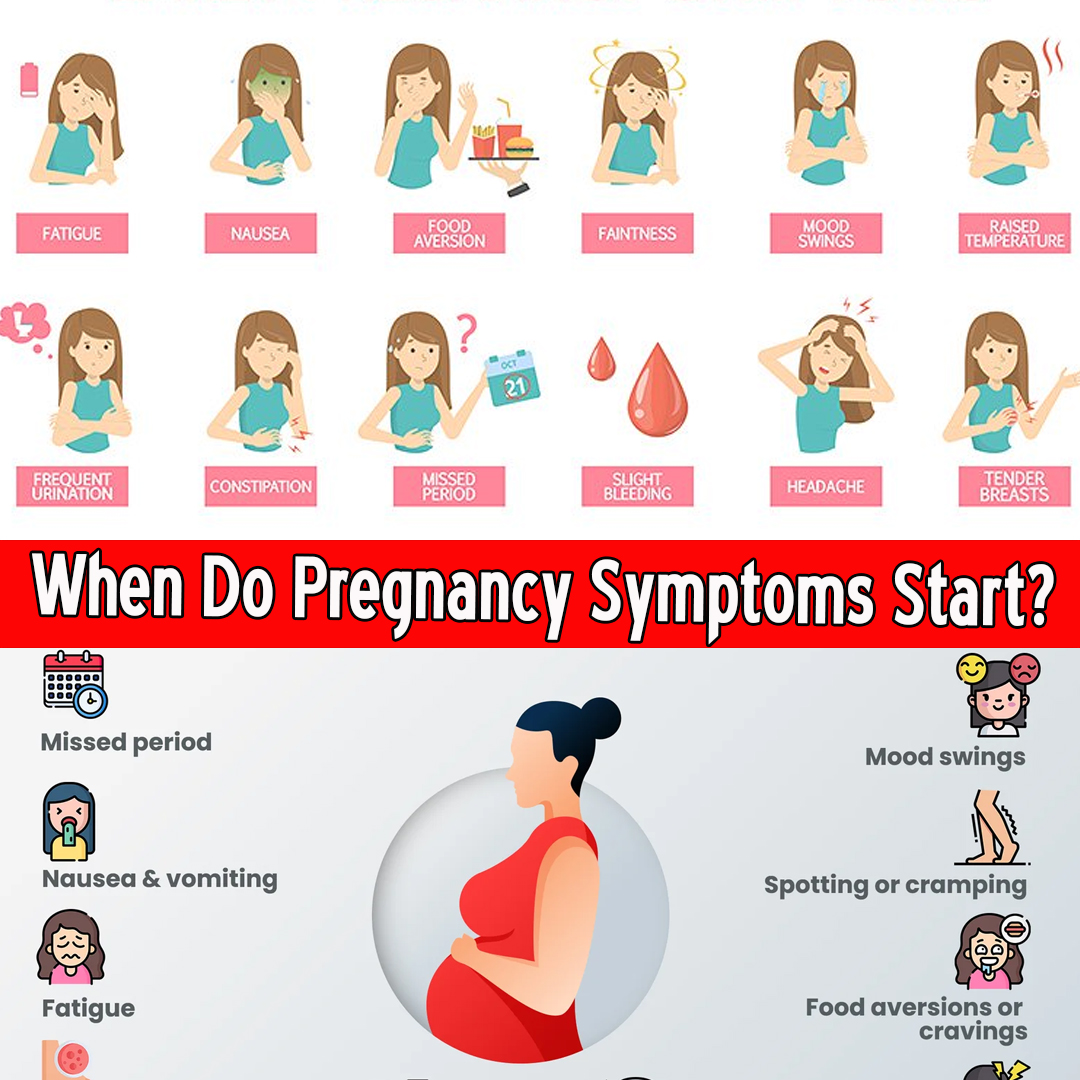
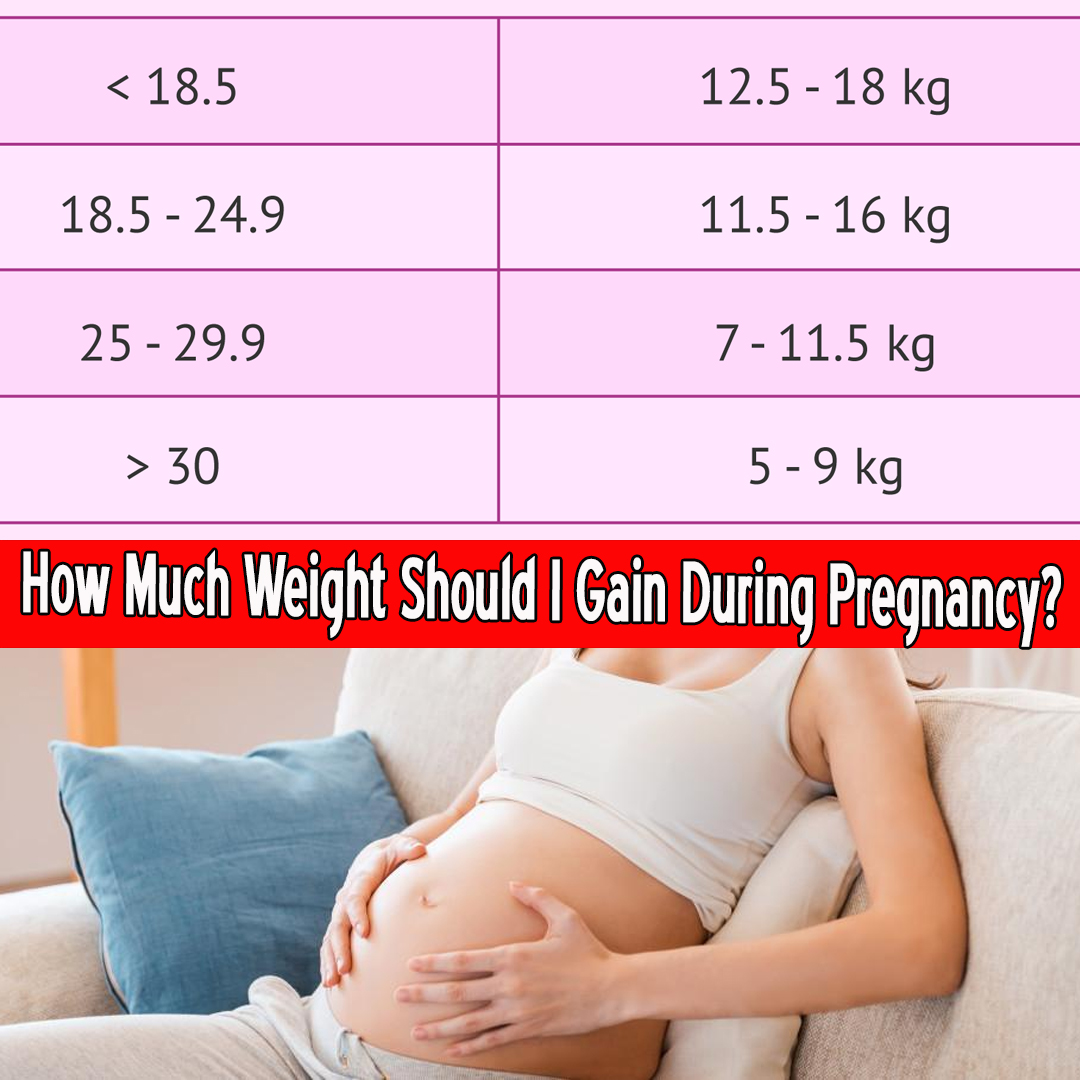

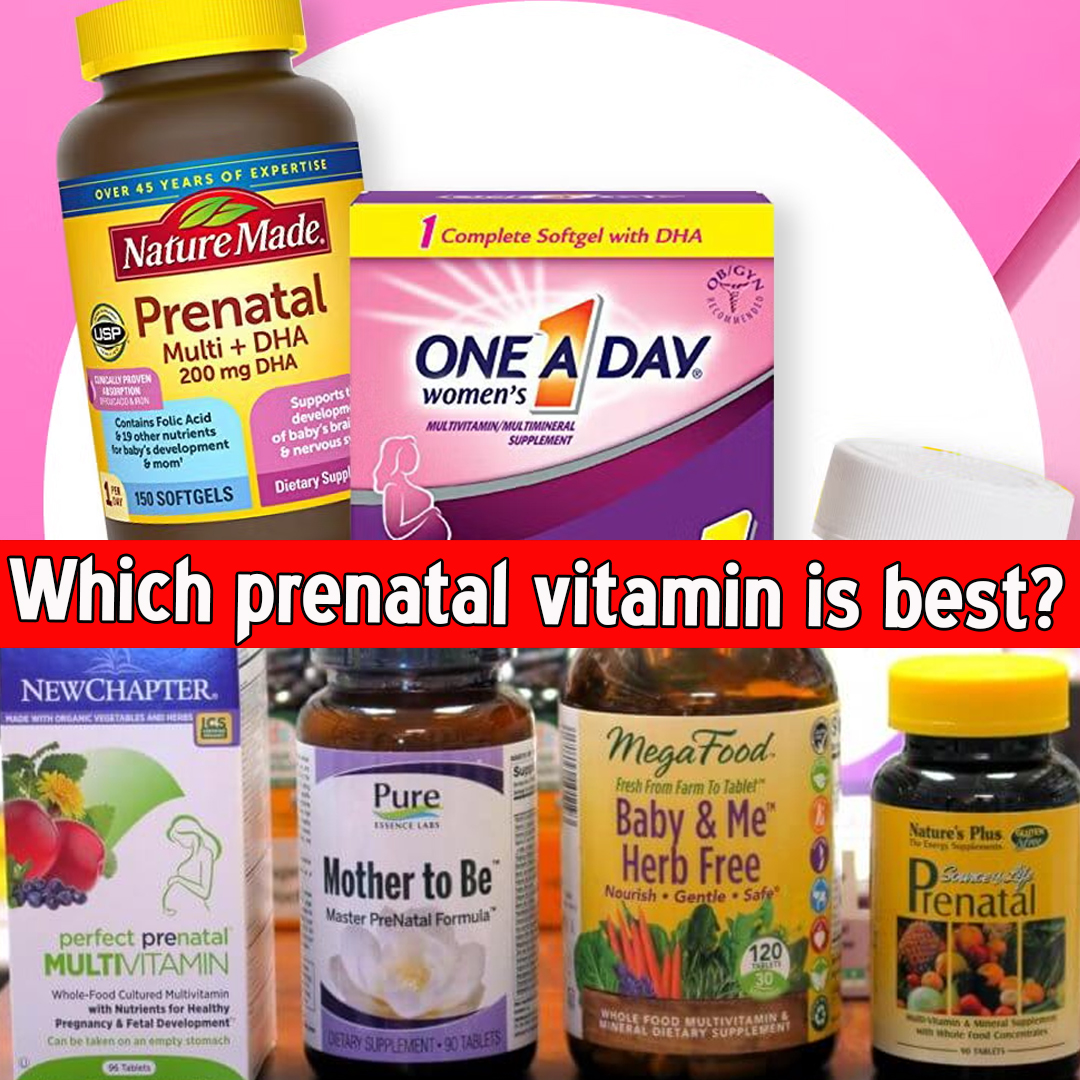


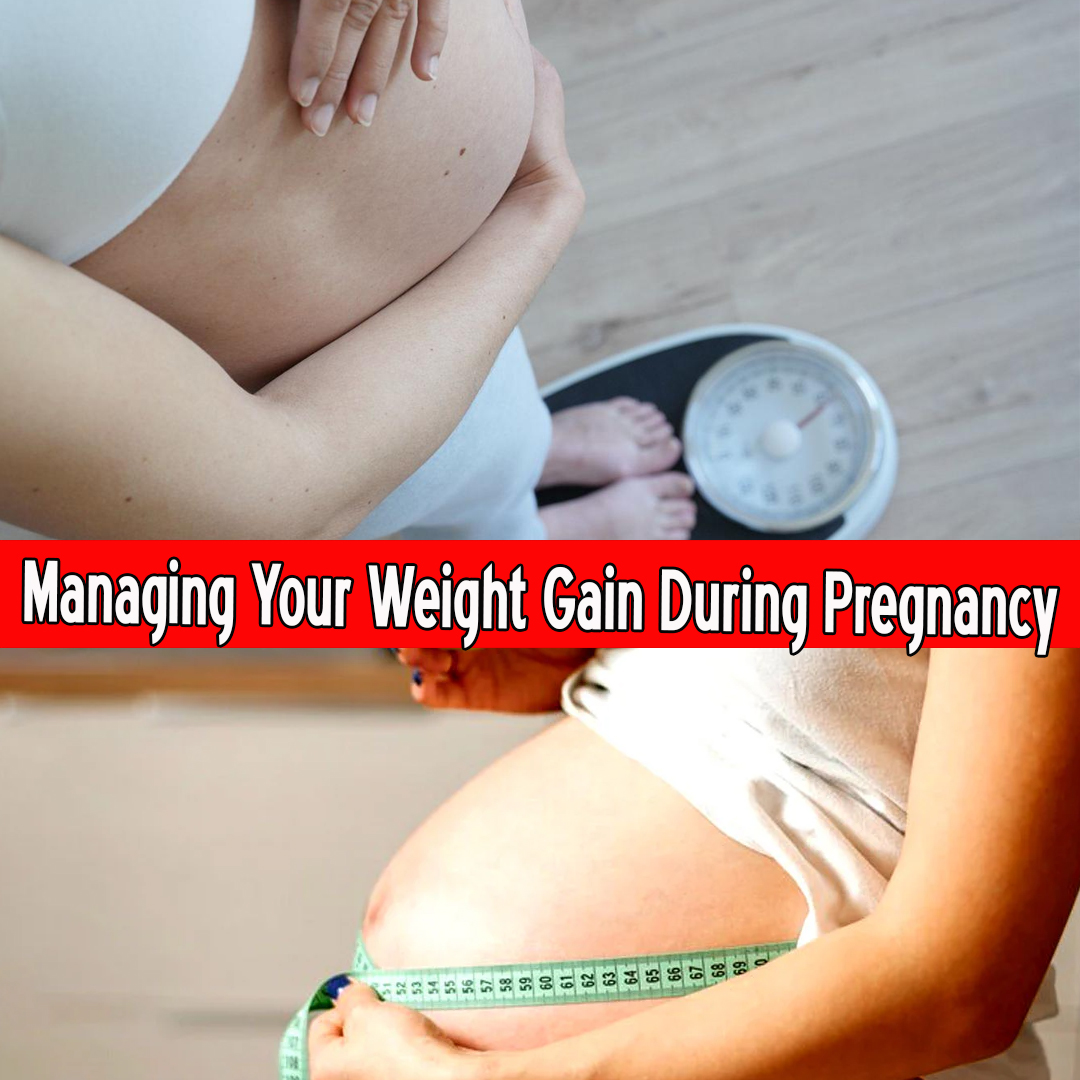


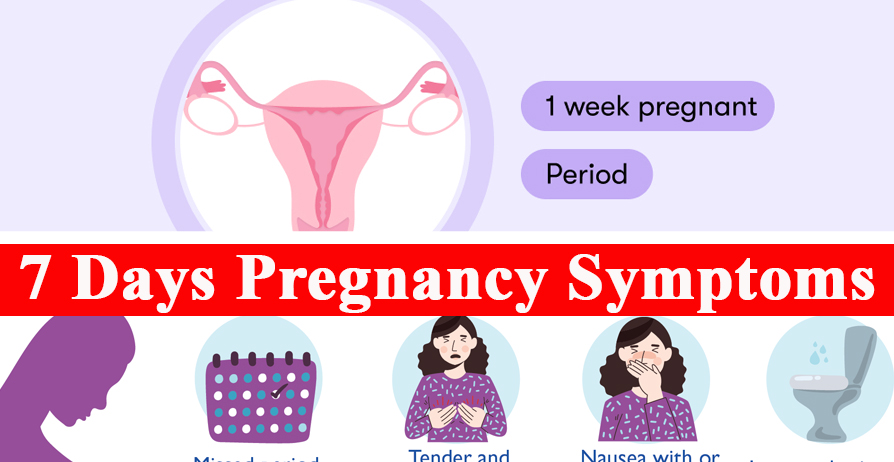

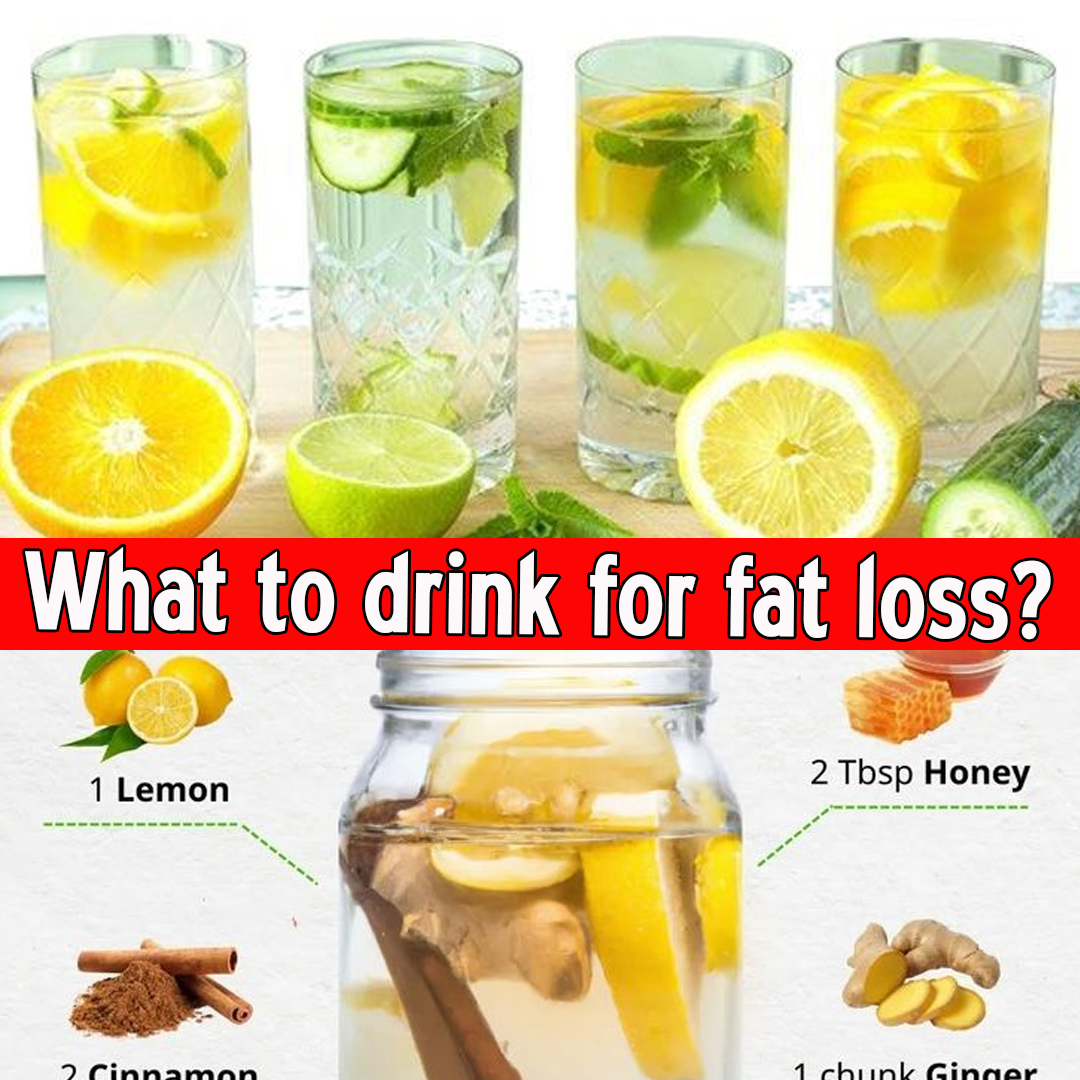
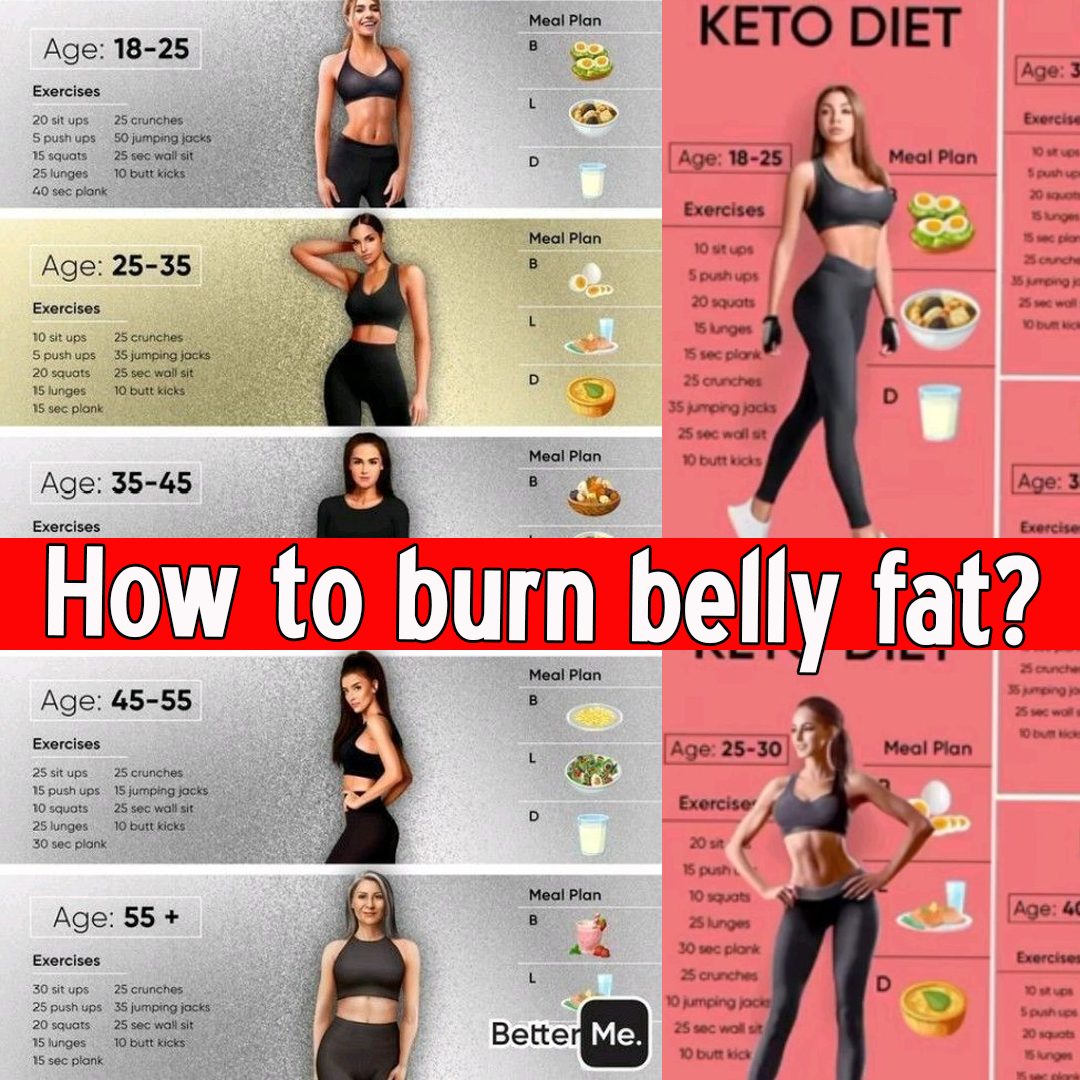

Leave a Reply